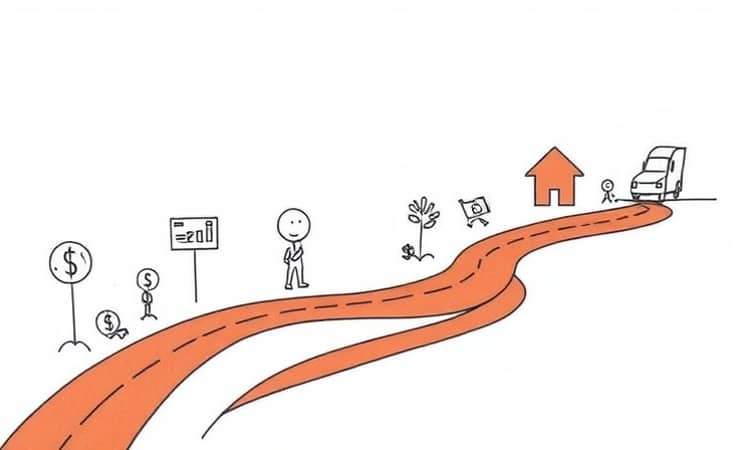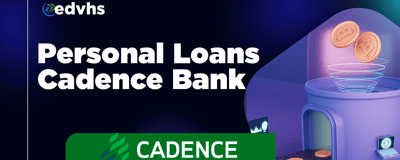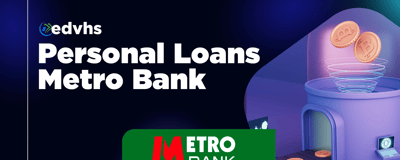When an unexpected financial crisis strikes, it’s essential to have a plan to access quick funds. Emergency loans can provide the necessary financial relief to navigate tough situations, such as medical expenses, car repairs, or sudden unemployment. Understanding the various options available can help you make informed decisions and approach your financial challenges with confidence.
Different types of loans and borrowing methods are available, each coming with its own set of terms, benefits, and potential risks. In this article, we will explore various emergency loan options, from traditional personal loans to borrowing from community organizations or friends and family. Knowing the pros and cons of each choice can aid you in selecting the best one to meet your immediate financial needs.
Ultimately, it’s important to remember that while emergency loans can serve as a temporary solution, they should be approached with caution and careful planning to avoid long-term financial issues.
Personal Loan

Personal loans can be a good option for individuals looking for quick financial relief. They are unsecured loans, meaning you do not need to collateralize them with any asset. Typically, these loans have a fixed repayment schedule, allowing borrowers to know exactly how much they owe each month.
Banks, credit unions, and online lenders offer personal loans, providing borrowers with flexibility in terms of loan amount and repayment periods. Approval times can vary, but many lenders can process applications rapidly, particularly online.
However, personal loans can come with higher interest rates compared to secured loans. If you have poor credit, these rates may increase further, making careful comparison and consideration essential. It's also worth checking your credit score before applying, as it may affect your eligibility for the best rates.
- Pros: Quick access to funds
- Flexible repayment options
- No collateral required
In conclusion, personal loans can be an excellent option for those looking for fast financial support without risking personal assets. However, ensure you read the fine print and understand the interest rates and repayment terms before committing.
Payday Loan
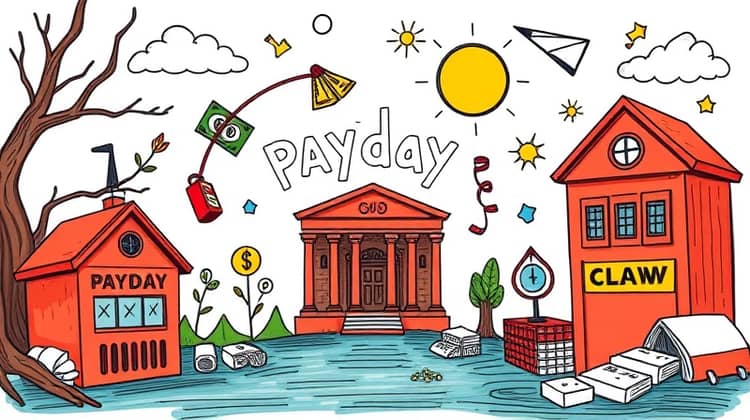
Payday loans are short-term, high-interest loans typically intended to cover urgent expenses until your next paycheck arrives. These loans are often easy to obtain and do not require a thorough credit check, making them appealing for those with poor credit histories.
Despite their accessibility, payday loans have gained a reputation for leading borrowers into cycles of debt due to their exorbitant interest rates and fees. These loans can quickly become unmanageable if borrowers are unable to repay on the agreed-upon terms.
Turning to payday loans should be approached with caution due to the potential financial consequences. It's crucial to understand the terms fully and have a plan in place for repayment before taking one out, as the conditions can lead to further financial strain if not handled responsibly.
- Quick approval process
- No extensive credit checks
- Easy access for urgent needs
In summary, while payday loans can provide a fast solution for immediate cash flow issues, the high cost associated with them can lead to greater financial difficulties in the long run if not managed properly.
Title Loan
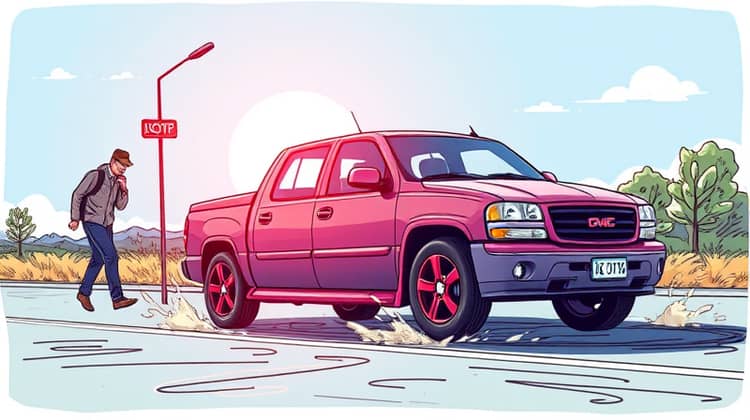
Title loans are secured loans that allow you to borrow money using your vehicle's title as collateral. This type of loan usually comes with lower interest rates than payday loans, as the lender has a tangible asset they can claim in case of default.
To qualify for a title loan, the borrower must typically own their vehicle outright and provide the title during the loan process. Title loans may also be available with less stringent credit requirements compared to other loan options, thereby catering to individuals with lower credit scores.
However, taking out a title loan can still pose substantial risks. If the borrower fails to repay the loan, they may lose their vehicle, making timely repayments critical for anyone considering this option.
- Lower interest rates than unsecured loans
- Quick access to funds
- Suitable for those with bad credit
To avoid losing your vehicle, it is essential to have a repayment plan before committing to a title loan. Carefully weigh the benefits and risks associated with this type of loan.
Credit Card Advance
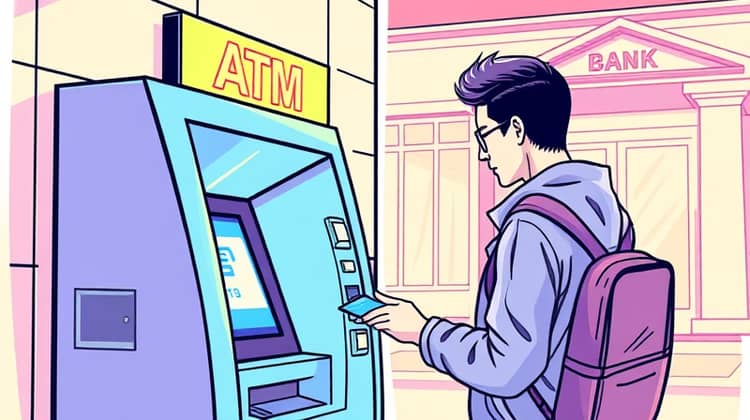
A credit card cash advance is another option to consider in emergencies, where you borrow against your credit limit and receive cash, either through an ATM or bank. The main advantages are accessibility, as most credit cards allow you to access cash quickly, and the potential for a lower interest rate compared to other emergency loans.
However, cash advances often come with a higher interest rate than regular purchases and may include additional fees. To maximize this option, it's best only to take a cash advance if you are certain you can repay it quickly to avoid high costs.
It's also essential to understand that withdrawing a cash advance can affect your credit utilization ratio, potentially impacting your credit score. So, while it may solve an immediate problem, it's crucial to understand the implications involved.
- Fast access to cash
- No loan application required
- Paying interest on the amount withdrawn
In essence, while credit card advances provide a quick fix in emergencies, they can lead to expensive debt if not managed appropriately.
Borrowing from Friends or Family

Turning to friends or family can be a sensible option during times of financial need. The benefits often include no interest rates and flexible repayment terms, fostering goodwill and understanding between parties. During emergencies, it's often easier to ask someone close to you for help than to navigate the complexities of formal loans.
However, it is essential to approach the situation professionally. Ensure that both parties understand the terms of the loan, including repayment timelines and any potential impacts on relationships. Being transparent can significantly ease tension and foster support during difficult times.
- Clearly communicate your financial needs
- Outline repayment terms in writing
- Maintain open communication throughout the repayment process
By taking these steps, both parties can safeguard their relationship while effectively managing the loan process.
Local Religious or Community Organization

Local religious organizations or community-based services often provide financial assistance for community members facing crises. These organizations can offer monetary help or connect individuals with resources, making them a valuable option for those in need.
While these funds may not be available as cash loans, they frequently provide aid without the burden of repayment. Eligibility criteria may vary, but assistance programs often focus on helping those facing emergencies, making it a compassionate alternative to consider.
- Research local organizations that offer financial assistance
- Understand the requirements to qualify for help
- Follow application processes effectively
Utilizing these community resources can provide significant relief during tough times without the stress of debt repayment.
Consider Alternative Solutions
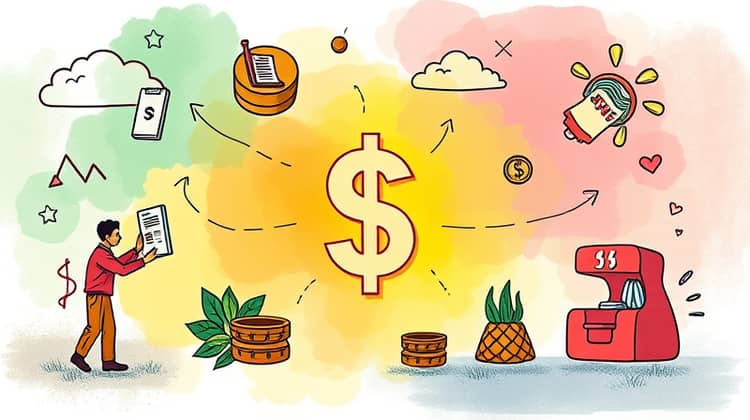
Besides traditional loans, there are numerous alternative solutions to manage financial emergencies. Exploring these options may provide you with more manageable ways to secure funds even in critical situations.
Alternatives can include negotiating with creditors for payment extensions or finding gig work for temporary income boosts. Thinking creatively about financial solutions can lead to less stressful outcomes without incurring additional debt.
- Explore local job boards for short-term work
- Look into barter opportunities instead of cash loans
- Negotiate bills or payment deadlines with creditors
By considering alternative solutions, you may find yourself in a stronger financial position without relying solely on loans.
Things to Keep in Mind
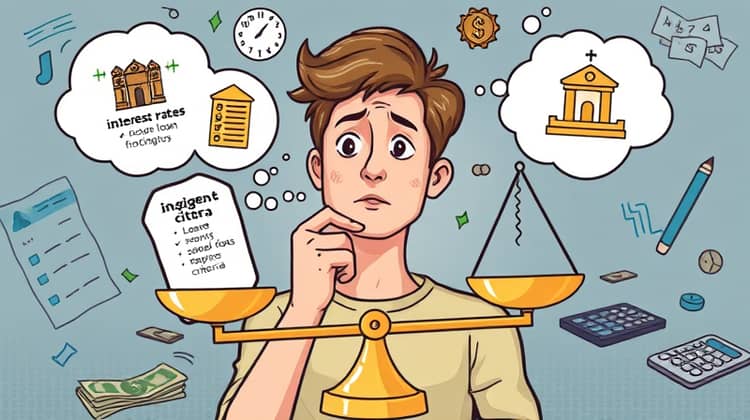
Navigating emergencies and deciding on the best loan option requires careful consideration and planning. It's essential to weigh the benefits and drawbacks of each method, considering factors such as interest rates, repayment terms, and eligibility criteria.
Having a solid plan will lessen the chances of falling into further financial stress or debt as you seek to resolve your immediate issues.
- Assess your current financial situation honestly
- Explore all possible loan options and community resources
- Understand the long-term impact of any debt you take on
Be strategic in your choices, and don't hesitate to reach out for help when necessary.
Conclusion

In conclusion, understanding your options for emergency loans is crucial for successfully managing financial crises. From personal loans to local community aid, each choice offers unique benefits and drawbacks, requiring careful consideration before making a commitment.
By taking the time to explore these options and understanding the implications of each, you can find the best solution to meet your urgent financial needs and ensure that you are prepared for any unforeseen emergencies in the future.

